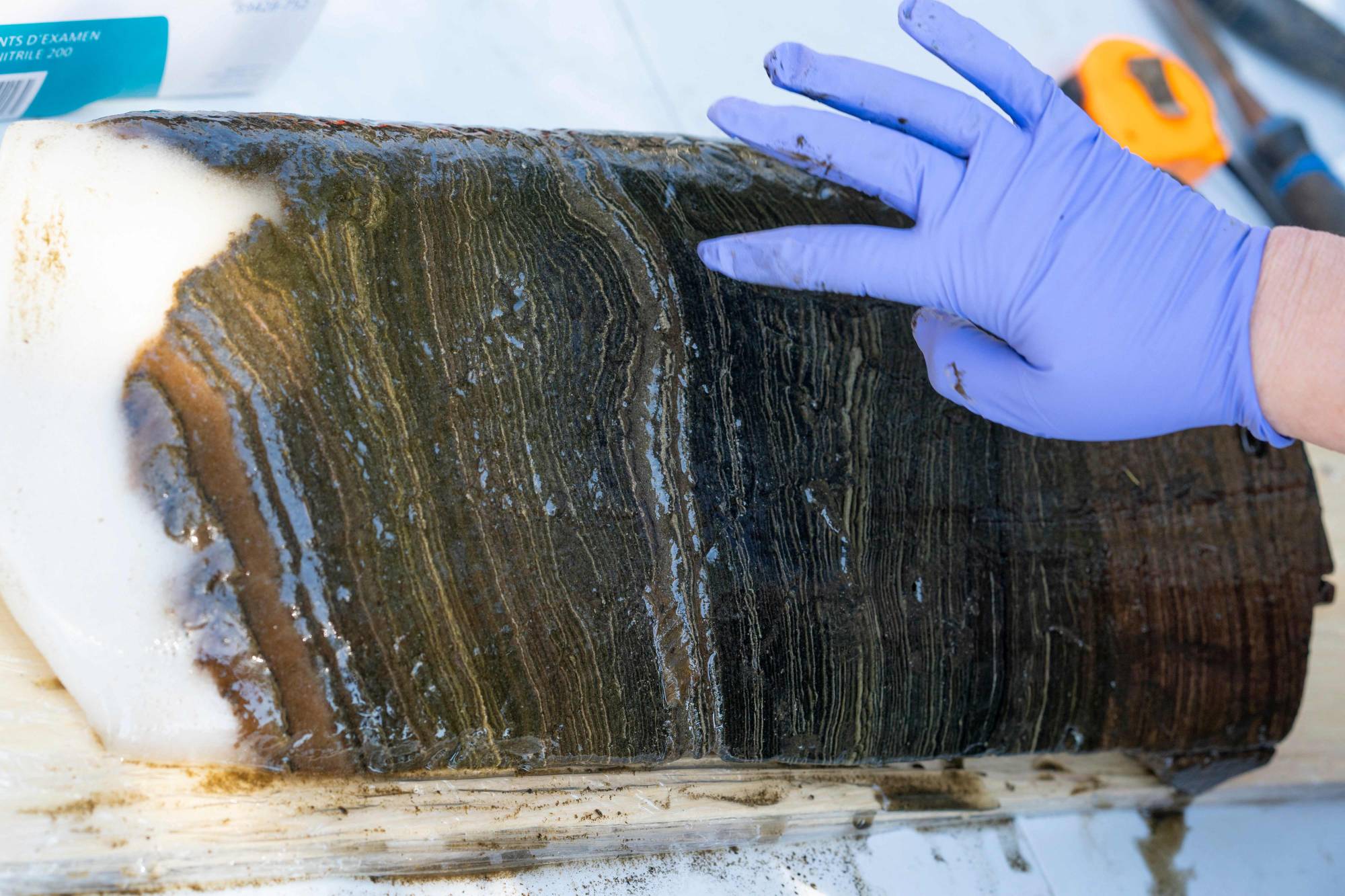Sediment deposited at Crawford Lake, a small but deep body of water in Canada's Ontario province, provides unmistakable evidence that Earth entered a new human-driven geological chapter — the Anthropocene epoch — some seven decades ago, a team of scientists said Tuesday.
The members of the Anthropocene Working Group (AWG) plan to submit the evidence to the international scientific body responsible for naming geological chapters in Earth's history. The scientists conducted research at a dozen sites worldwide and cited Crawford Lake, near Toronto, as the location that provided particularly persuasive geological markers that the Anthropocene epoch — essentially the age of humans — has arrived.
Plutonium from nuclear weapons testing in the 1950s provided "a very clear marker" for the transition to the Anthropocene and was accompanied by a surge in fossil fuel and fertilizer consumption, profound changes in land use and a decline in biodiversity caused by farming, said AWG chair Colin Waters, a professor at the University of Leicester in the U.K.



